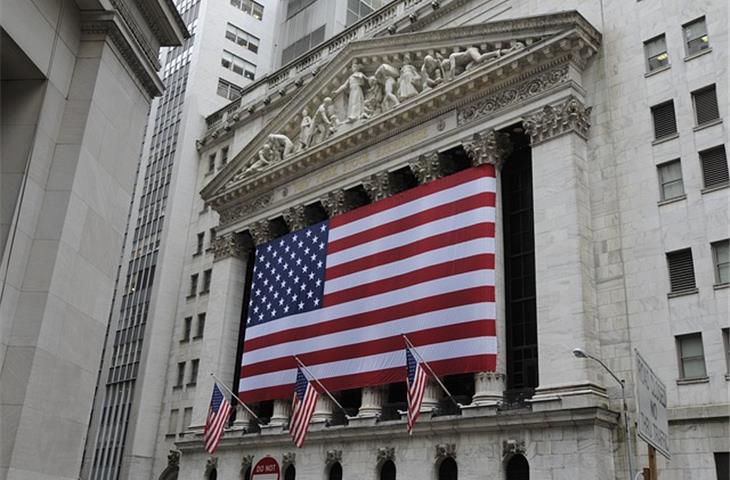Within the contemporary global networked economy, familiarity with the prevailing US exchange rate is indispensable for both individuals and corporations alike. The immediate US exchange rate signifies the present worth of one US dollar against another currency, its valuation fluidly altering due to multifarious economic elements. This discourse examines the implications of the US exchange rate, scrutinizing its effects on international commerce, investment, and travel, along with exposing the variables affecting its worth.
I. Variables Shaping the US Exchange Rate Today

Comprehending the determinants influencing the US exchange rate today is vital for those desiring to base decisions on comprehensive information. These encompass the following pivotal factors:
A. Economic Indicators

Indicators like GDP expansion, inflation rates, and joblessness rates significantly influence the US exchange rate. Robust economic indicators can stimulate an uptick in the worth of the US dollar, whereas feeble ones can instigate a depreciation.
B. Interest Rates

Rates dictated by the Federal Reserve (US central bank) also sway the US exchange rate. Elevated interest rates typically magnetize foreign investment, escalating demand for the US dollar and thereby fortifying its worth.
C. Political Stability
Political tranquility or volatility within a nation can influence its exchange rate. A secure political milieu can foster increased confidence, luring foreign investment and bolstering the currency.
D. Supply and Demand
Similarly to any marketplace, the supply and demand for a currency also dictate its exchange rate. Elements such as trade balances, capital inflows, and tourism can impinge on the supply and demand for the US dollar.
II. Consequences of the US Exchange Rate Today on International Trade
The US exchange rate today exerts a substantial influence on international trade. Herein lies its effect on both imports and exports:
A. Imports
A robust US exchange rate renders imported commodities less costly for US consumers, whilst a weak exchange rate escalates their price. This can precipitate a reduction in domestic output and an augmentation in imports.
B. Exports
Contrarily, a robust US exchange rate can render US exports dearer for foreign purchasers, whilst a weak exchange rate can render them more affordable. This can catalyze an upsurge in exports and a stronger US trade equilibrium.
III. Impact of the US Exchange Rate Today on Investment
Investors vigilantly observe the US exchange rate when formulating decisions regarding where to allocate their funds. Here are some ways the exchange rate can influence investment:
A. Stock Markets
A robust US exchange rate can render US stocks pricier for foreign investors, potentially triggering a decrease in foreign investment. Conversely, a weak exchange rate can attract more foreign investment, bolstering the stock market.
B. Real Estate
Real estate investment can also be influenced by the US exchange rate. A robust exchange rate can render US real estate more expensive for foreign buyers, whilst a weak exchange rate can render it more accessible.
IV. Effect of the US Exchange Rate Today on Travel
The US exchange rate today can significantly influence the expense of travel. Herein lies its effect on both international and domestic travel:
A. International Travel
A robust US exchange rate renders international travel more costly for US citizens, whilst a weak exchange rate can render it more affordable. This can affect the number of US citizens traveling overseas.
B. Domestic Travel
The US exchange rate can also influence domestic travel. A robust exchange rate can render domestic travel more expensive, whilst a weak exchange rate can render it more affordable.
In summation, the US exchange rate today is a pivotal variable that influences diverse facets of the global economy. Comprehension of its impact on international trade, investment, and travel can assist individuals and corporations in making informed decisions. By monitoring the variables shaping the US exchange rate today, one can adeptly traverse the intricacies of the global market.
